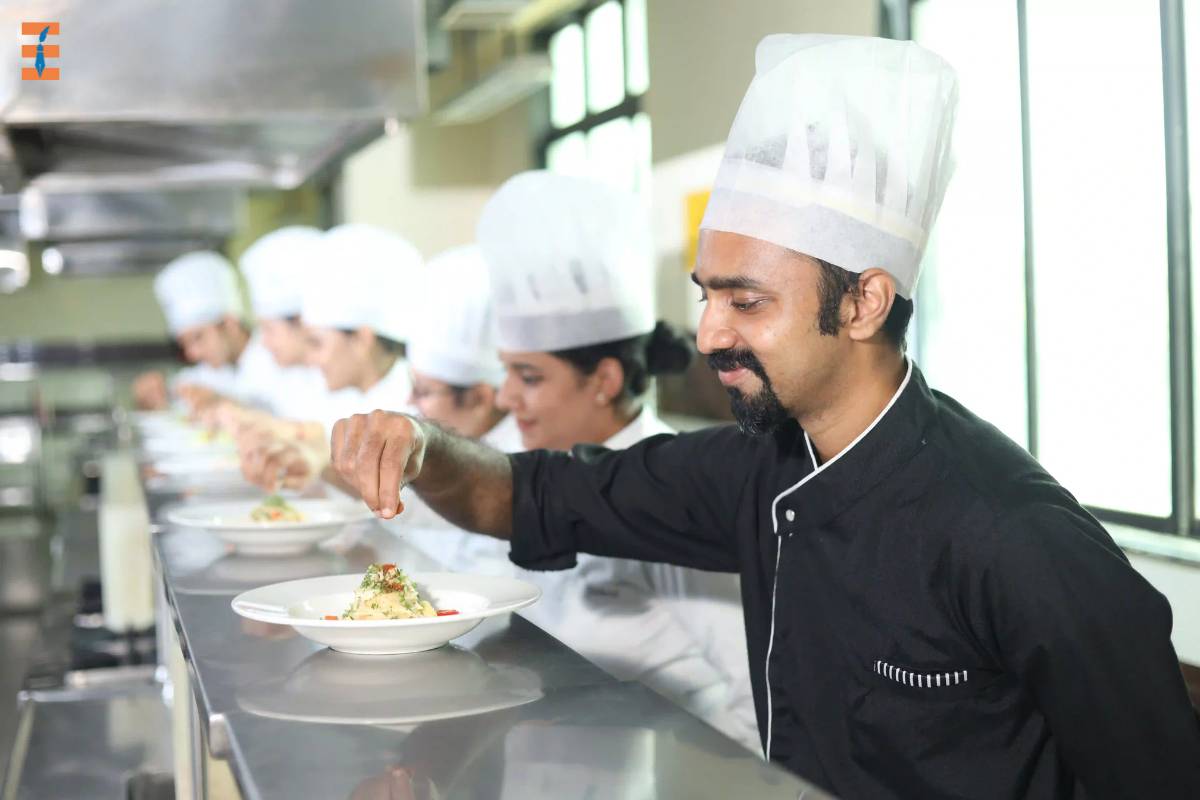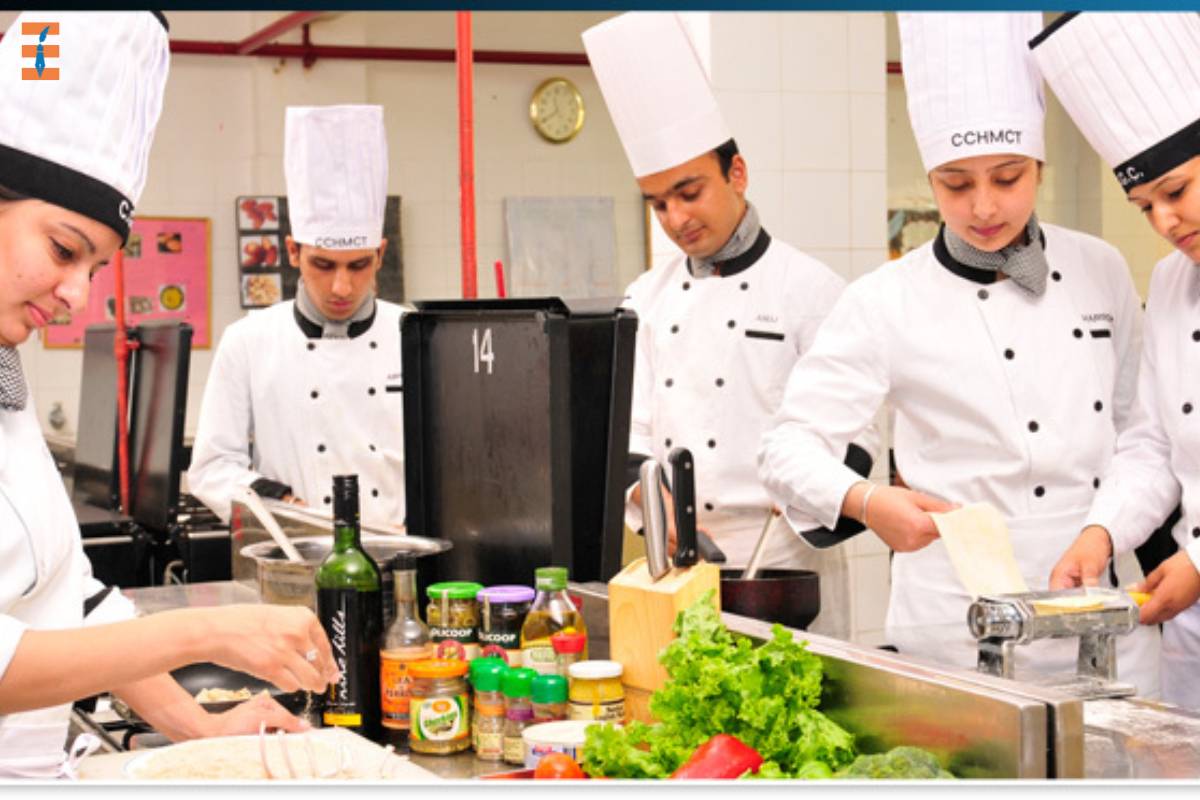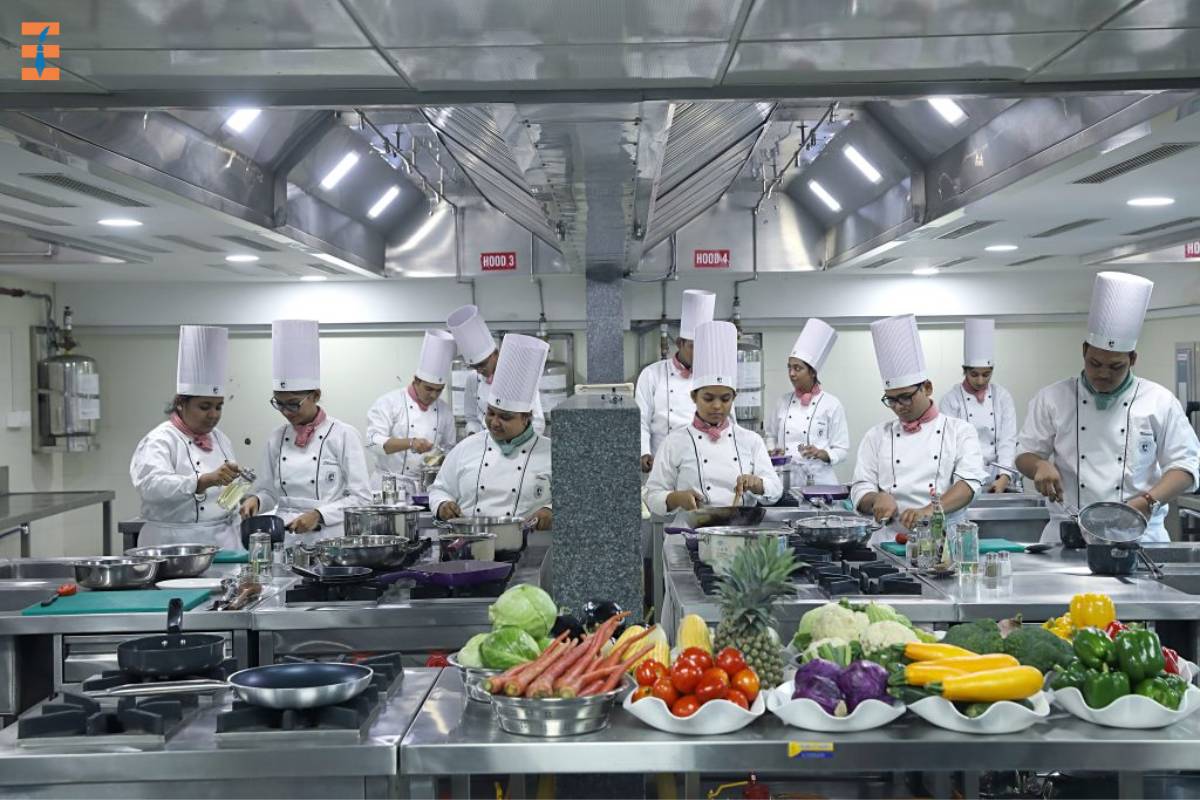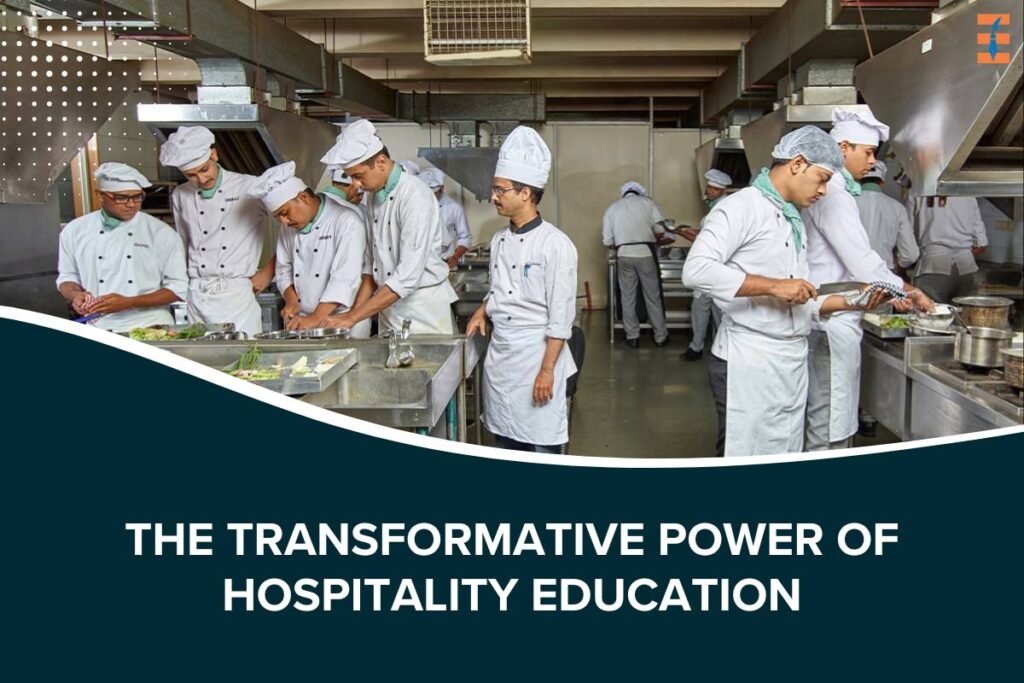In today’s dynamic and interconnected world, the hospitality industry stands out as a vibrant and ever-evolving sector. With globalization breaking down barriers and technology reshaping traditional models, the demand for skilled professionals in hospitality management has never been higher. This article delves deep into the transformative power of hospitality education, exploring its impact on individuals, businesses, and the industry at large.
Understanding Hospitality Education
It encompasses a wide range of disciplines, including hotel management, tourism, event planning, and food service. It goes beyond mere service delivery to encompass the entire guest experience, from initial contact to post-departure interactions. A quality hospitality education program equips students with not just technical skills but also crucial soft skills such as communication, empathy, and cultural competence.
The Role of Hospitality Education in Career Development

One of the key benefits of this is its role in shaping successful careers. Whether aspiring to be hotel managers, event planners, or tourism executives, students gain a comprehensive understanding of industry trends, customer expectations, and operational best practices. This knowledge is complemented by practical training, internships, and industry exposure, preparing graduates to hit the ground running in diverse hospitality roles.
Moreover, it fosters a mindset of continuous learning and adaptability, essential traits in an industry known for rapid changes and evolving guest preferences. Professionals with a background in hospitality education are not just employees; they are innovators, problem solvers, and leaders capable of navigating complex challenges with finesse and creativity.
Enhancing Guest Experiences through Hospitality Education
At its core, the hospitality industry revolves around guest satisfaction and loyalty. It plays a pivotal role in enhancing these experiences by instilling a customer-centric approach in students. Understanding the nuances of guest expectations, preferences, and cultural sensitivities allows hospitality professionals to create personalized experiences that leave a lasting impact.
Moreover, hospitality education emphasizes service excellence across all touchpoints, from front-line interactions to behind-the-scenes operations. This holistic approach ensures that every aspect of a guest’s journey is seamless, memorable, and reflective of the brand’s values and standards. In an era where positive reviews and word-of-mouth recommendations can make or break a business, such attention to detail is invaluable.
Driving Innovation and Sustainability

The modern hospitality industry is not just about meeting current demands but also anticipating future trends and challenges. Here, hospitality education emerges as a catalyst for innovation and sustainability. Students are exposed to cutting-edge technologies, green practices, and industry disruptors, encouraging them to think critically and creatively about solutions.
From implementing energy-efficient practices in hotels to designing eco-friendly tourism experiences, hospitality professionals trained in sustainable practices are shaping a more responsible industry. Similarly, innovation in guest services, marketing strategies, and revenue management is driven by insights gained through hospitality education, ensuring that businesses stay competitive in a dynamic marketplace.
The Global Impact of Hospitality Education
Hospitality is a global industry, transcending borders and cultures to create memorable experiences for travelers worldwide. It mirrors this global outlook by fostering diversity, cross-cultural understanding, and international perspectives among students. Exposure to different cuisines, traditions, and hospitality practices not only enriches learning experiences but also prepares graduates for global careers.
Collaborative programs, exchange opportunities, and multicultural classrooms are hallmarks of quality hospitality education institutions. Such environments not only promote tolerance and inclusivity but also stimulate innovation through the exchange of ideas and best practices from diverse backgrounds. As graduates enter the workforce, they bring with them a global mindset that is increasingly valuable in a connected world.
Challenges and Opportunities Ahead

While hospitality education offers immense benefits, it also faces certain challenges and opportunities in the evolving landscape of the industry. Rapid technological advancements, changing consumer behaviors, and geopolitical shifts require education providers to stay agile and relevant. Integrating cutting-edge technologies such as artificial intelligence, data analytics, and virtual reality into hospitality curricula ensures that students are prepared for the digital age.
Furthermore, the pandemic has highlighted the importance of resilience and crisis management in hospitality. Future hospitality education must incorporate lessons learned from such disruptions, emphasizing risk mitigation, flexibility, and adaptability in industry practices. By equipping students with these skills, it remains a cornerstone of industry sustainability and growth.
Conclusion
In conclusion, it is not just about learning skills; it is about shaping mindsets, fostering innovation, and driving positive change in the industry. From enhancing guest experiences to promoting sustainability and global collaboration, the impact of hospitality education reverberates across sectors and continents.
As businesses seek skilled professionals who can navigate complexities with empathy, intelligence, and creativity, the value of hospitality education continues to grow. It is not merely an investment in individuals’ careers but also in the future of an industry that thrives on excellence, diversity, and unforgettable experiences. Embracing the transformative power of hospitality education is not just a choice; it is a strategic imperative for success in the dynamic world of hospitality.










